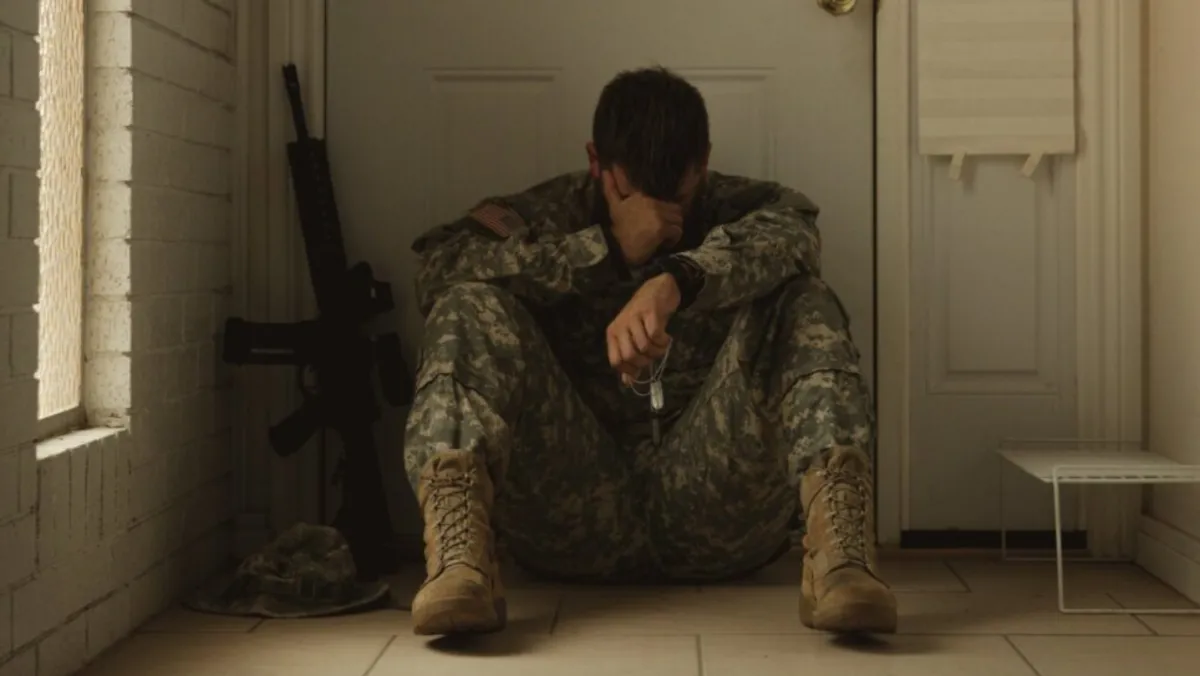
The Hidden Battle: Mental Health Support for Veterans Transitioning to Civilian Life
After returning home, veterans frequently battle in silence to adapt, recover, and succeed in civilian life.
The invisible scars of duty, like as PTSD, anxiety, and depression, frequently persist even after the uniform is removed. However, access to mental health treatment for veterans remains challenging, misunderstood, and underfunded.
This blog examines the actual difficulties veterans encounter, the shortcomings of conventional systems, and the ways in which initiatives like VBTP offer a path to purpose, hope, and healing.
The Transition: A Critical Moment Often Overlooked
Resigning from the military is a significant life change. The identity, community, and organization associated with the uniform frequently vanish in an instant.
Nearly one in four post-9/11 veterans struggle with mental health issues, according to the U.S. Department of Veterans Affairs. However, many of them may not receive treatment because of stigma, ignorance, or restricted access to care.
This shift might feel lonely without a clear support network, leading to emotional, psychological, and even bodily deterioration.
The Mental Health Crisis Among Veterans
Veterans frequently deal with the following mental health issues:
PTSD, or post-traumatic stress disorder
Anxiety and depression
Abuse of substances
Suicidal thoughts
Access to veteran mental health support is still restricted, despite increased awareness. Veterans struggle to get care that feels secure and accessible due to long VA waitlists, cultural obstacles, and a lack of community-based options.
Why Tailored Mental Health Programs Matter
Veterans require programs that honor their experiences, comprehend the military mindset, and offer assistance without passing judgment. They do not require generic therapy.
The following are the goals of programs such as the Veterans Benefits Transition Program (VBTP):
Provide veterans with all-encompassing financial, social, emotional, and mental support.
Create a personalized transition plan by offering one-on-one case management.
Provide culturally sensitive healthcare professionals who are aware of transition and trauma.
Representation Matters in Veteran Support Too
Veterans also benefit from seeing themselves represented on their care teams, much like underprivileged civilian groups do. Building trust and dispelling stigma requires former service members, veteran-led groups, and professionals with a military perspective.
VBTP’s Approach to Healing
At VBTP, we think that dignity, not shame, is the key to recovery.
We provide veterans with:
Resources for individualized mental health
Links to certified trauma-informed practitioners
Opportunities for community involvement
Support for work, housing, and finances
We don't only inquire, "What's wrong?" “What’s next?” we ask.
What You Can Do as an Ally
Here are some ways to help veterans in your community, whether you're a family member, caregiver, or advocate:
Promote candid discussions regarding mental health.
Distribute resources such as the VA Crisis Line or VBTP.
Don't downplay their experiences; instead, validate them.
Discover more about military culture to gain a deeper understanding of their perspective.
"Going home is only the first step. When soldiers are seen, heard, and supported unconditionally, true healing begins.
Conclusion: Support That Honors Your Service
It's as critical to comprehend your mental wellness as it is to comprehend your advantages. You have the right to heal; it's not a luxury.
On behalf of this country, you have already engaged in combat. After that, you shouldn't have to struggle to get help. We hear you, see you, and are prepared to support you on your path back to wholeness here at VBTP.
📞 Schedule your free consultation today at vbtp.pro
